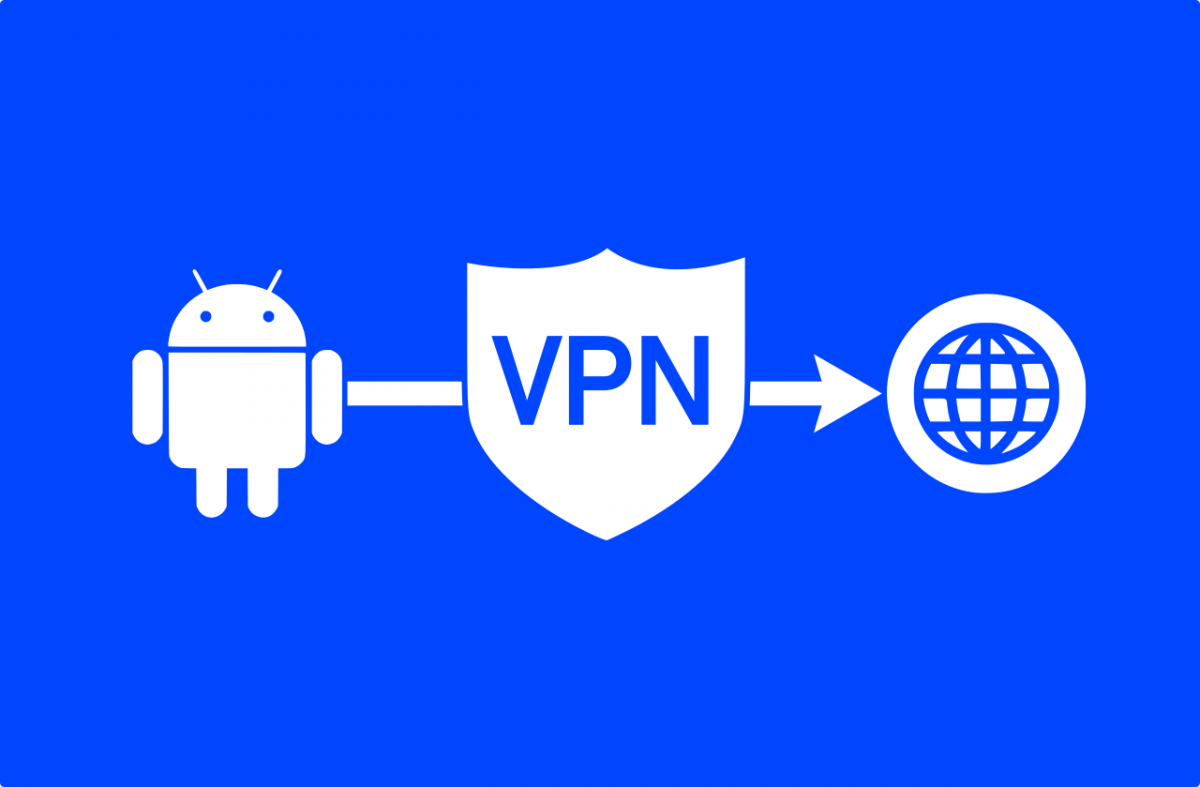If you want a VPN, you should get a VPN, but you need to be wary of a few things.
Virtual Private Networks (VPNs) are generally considered to be beneficial, whether you're trying to hide your browser history from prying eyes or just want to access a different country's Netflix library. They encrypt your outgoing and incoming internet traffic and pass it through their servers, meaning your data should be private, and your location should be totally obfuscated. However, that isn't always the case. A VPN might actually generate a fall sense of security, especially when it's so easy to set up, but if you trust the VPN provider more than your ISP, that's a valid reason to use one. There are a few things to consider first, though.
You're transferring trust from your ISP to a VPN provider
While there is information out there about how companies use your data, you never have the full picture. All you have is a VPN company's word that it's managing your data the way it says. VPNs have, in the past, said they weren't monitoring or logging your connections and then had that tested in court, only to be found providing information to authorities.
In other words, the best decision you can make here is to look into VPN providers that have had their capabilities tested by independent audits or even in court. As an example, that it says prove it doesn't keep any logs. ExpressVPN was put through a trial by fire where investigators in Turkey requested that it hand over data relating to an investigation, and it was unable to do so as it did not have any logs.
A VPN gives control of anything that goes through the network to the provider and makes it easy for a malicious actor who may run the VPN to try and poke and prod for weaknesses in your connected device. They can also then view your traffic, which negates any of the perceived privacy gains that you would get from a VPN. To my knowledge, this has not happened with a commercial VPN but analysis of traffic frequently happens with VPNs that are operated by companies for their employees or students at universities.
If your network activity is monitored, it's very easy to tell that you're using a VPN

If you live somewhere where your network activity is monitored or websites are censored, using a VPN will help you get around that. For example, countries such as Iran, Turkey, and China have all been known to block websites while also attempting to restrict access to VPNs. However, it's also very clear to anybody who may see your network traffic (such as your ISP) that you're using a VPN. The reason is that all of your connections will be seen flowing to one IP address only and will likely be identifiable by the protocol being used on top of that.
In these cases, using a VPN might be risky. There isn't necessarily another solution here, but it is very much the case that if your ISP wants to find out if you're using a VPN, it'll easily be able to tell that you are.
You take a consistent performance and latency hit by using a VPN
While this may not be a big deal to everyone, using a VPN will result in a significant performance and latency hit whenever you use the internet. It may not be noticeable depending on how fast your normal connection is, but you'll likely feel the hit when you're engaging in a latency-sensitive task like gaming. Sometimes, gamers will add their multiplayer game of choice to an allowlist in their VPN app so that it can use their normal home connection, and they route everything else through their VPN, but that requires a lot of work.
In other words, you're paying to have a slightly worse connection. It may be imperceptible depending on what you're doing and where you're connected, but it's technically always going to be there.
You can host your own VPN, but should you?

Diagram showing the topology of an OpenVPN Access Server. Source: OpenVPN
If you don't trust any VPN providers, you could host your own VPN entirely anonymously. That way, you ensure your connection is safe, secure, and private. If you want complete anonymity, you'll need to find a hosting service that allows for anonymous payments and also ensures connections aren't being monitored for inbound IPs. From there, you could configure something like OpenVPN on the server, generate unique certificates and set up the OpenVPN client on your device. That has its own drawbacks and can be cumbersome to do, but it's one option that you can undertake.
None of this is to say that protecting your privacy on the internet is futile. Many people use a VPN, and there are certainly plenty of reasons that someone may want to. It's important to be aware of the limitations of using one and know that it won't be the perfect shield against the internet that users hope for. The world of VPNs is a murky one, and you need to do your research to know which ones are the ones that you can trust to respect your data and your privacy.
- aum and Karlston
-

 2
2




Recommended Comments
There are no comments to display.
Join the conversation
You can post now and register later. If you have an account, sign in now to post with your account.
Note: Your post will require moderator approval before it will be visible.